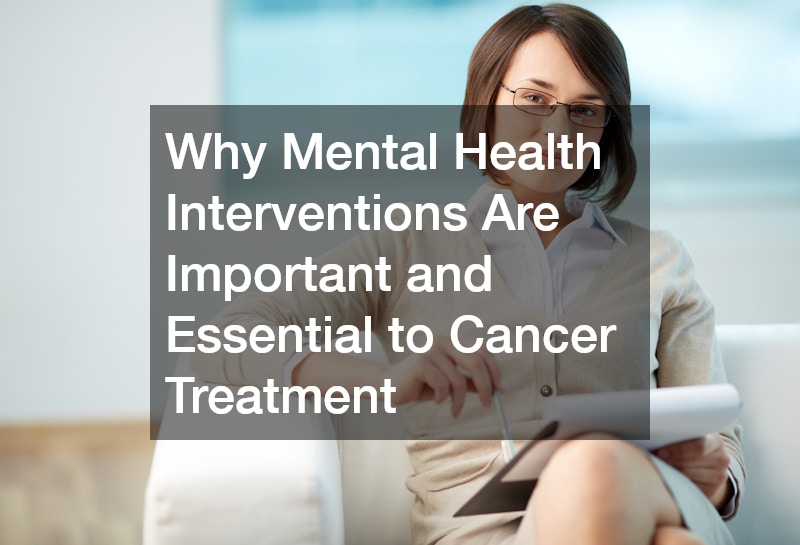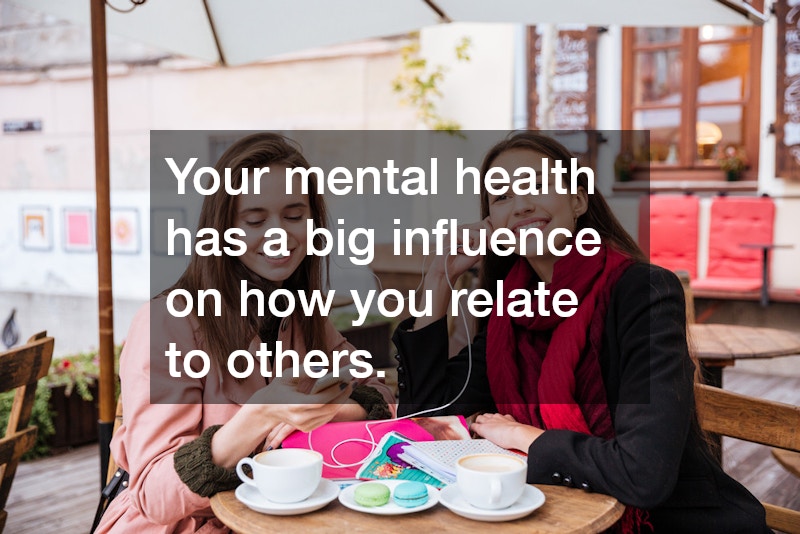

According to the National Institute of Mental Health, more than 20% of the U.S. adult population suffers from some form of mental illness. According to Healthline, there are many things you can do on your own to impact mental health. Believe it or not, getting enough sleep is one of the best ways you can have a clear and balanced mind during the daytime.
Your mental health has a big influence on how you relate to others and how you handle your job. If you need help with a mental health challenge but aren’t ready to work with a therapist, you might look online for local mental health events. For example, you might see an ad for a mental health fair at a nearby venue.
If you need help with your mental health, your help will take place at one of the many levels of mental health. According to Gateway to Solutions, treatment for mental illnesses is done at either the outpatient or inpatient level. Most treatments occur at the outpatient level. Many clients need help with a short-term mental health crisis. According to Thriveworks, therapists often find success for those clients with solution-focused therapy for anxiety and depression.

Unfortunately, cancer is rampant. It is one of the leading causes of death across the globe or, more specifically, the second top cause of death. In the United States, as many as one in three people will get cancer during their lives. Thankfully, there are constant advances in cancer centers and cancer treatment options.
There is one aspect of cancer care that desperately needs more attention, and that is the mental health and emotional well-being of cancer patients. Here are some of the current interventions in place to protect patients’ emotional well-being and address all aspects of their health.
Individual and Group Therapy Focused On Conquering Fear
Fear and doubt loom large in cancer patient’s minds, even after successful treatment and well into the remission and recovery stages. Jane Beith, a Ph.D. and MD based out of Sydney, Australia, is working to develop a program that directly addresses these fears. Her program stipulates at least five one-on-one therapy sessions over the course of 10 weeks, each session aimed at directly addressing fears and doubts, practicing strategies to curb worry, taking reasonable precautionary and preventative measures, and identifying goals and dreams for the future.
Just five therapy sessions had a great impact on patients’ health. While Dr. Beith’s program is not a one-size-fits-all solution, it does show that patients clearly benefit from psychological interventions and care and these interventions should be readily available to ensure patients’ overall well-being.
Group Programs and Volunteer Support
Caring for cancer patients’ mental health may be a matter of life and death. Mortality rates are up to 19% higher in cancer patients with symptoms of depression, according to Psychology Today. Some studies show even bleaker figures. The Journal of Cancer Survivorship reports, “Cancer survivors who are depressed are twice as likely to die prematurely as those who are not depressed.” Of course, these findings can be put to productive use–and can even save lives.
With awareness comes the ability to take action and take interventions to help treat depressed patients. Cancer centers and non-profit organizations are working together to offer group support programs and mentorship-mentee programs. These programs offer one-on-one support with a mentor, group therapy sessions, individual counseling, art therapy, and guided meditation classes, among other activities.
Exercise Remains Key
Nearly all cancer patients and survivors struggle with fatigue or exhaustion at some point during their treatment. Fatigue may initially manifest as a physical symptom, but it can easily contribute to depressive symptoms, including irritability and poor quality sleep. Research and top cancer centers recommend combating fatigue and the resulting depressive symptoms with exercise first. Even small bouts of exercise, like 10 to 15-minute walks, can provide tremendous benefits. What’s more, physical exercise is more effective than medicinal interventions–and comes with fewer side effects, too!
Establish A Routine
A sense of normalcy can go a long way to improving mental health. It is best for patients to identify their favorite activities to keep them physically active and other ways he or she will reach out for support. Once these determinations have been made, drawing up a schedule or a daily routine of exercise, meals, group meetings, therapy, meditation, and other activities and sticking to it can do wonders to establish a new normal. Even small, practical measures like scheduling 15 to 20 minutes to enjoy a morning cup of coffee can promote relaxation and calm, combating cancer-related depression and anxiety symptoms.
Therapy Dogs: Therapy Doesn’t Have To Involve Another Person
Opening up to another person can be a difficult thing to do. It can take time and patience. For these patients, cancer centers may want to consider encouraging pet therapy or dog therapy sessions–health-permitting, of course!
Petting, hugging, stroking, and otherwise interacting with dogs lowers blood pressure and cortisol levels. This interactive play with calm but visibly happy dogs raises endorphin levels in the body, and those raised endorphin levels lower pain in turn.
Cancer treatment goes beyond the physical. It is important for cancer centers and healthcare professionals to take the mental and emotional well-being of their patients into account as well. Exercise, group programs, individual therapy, routines, and therapy dogs, among other interventions, can help.